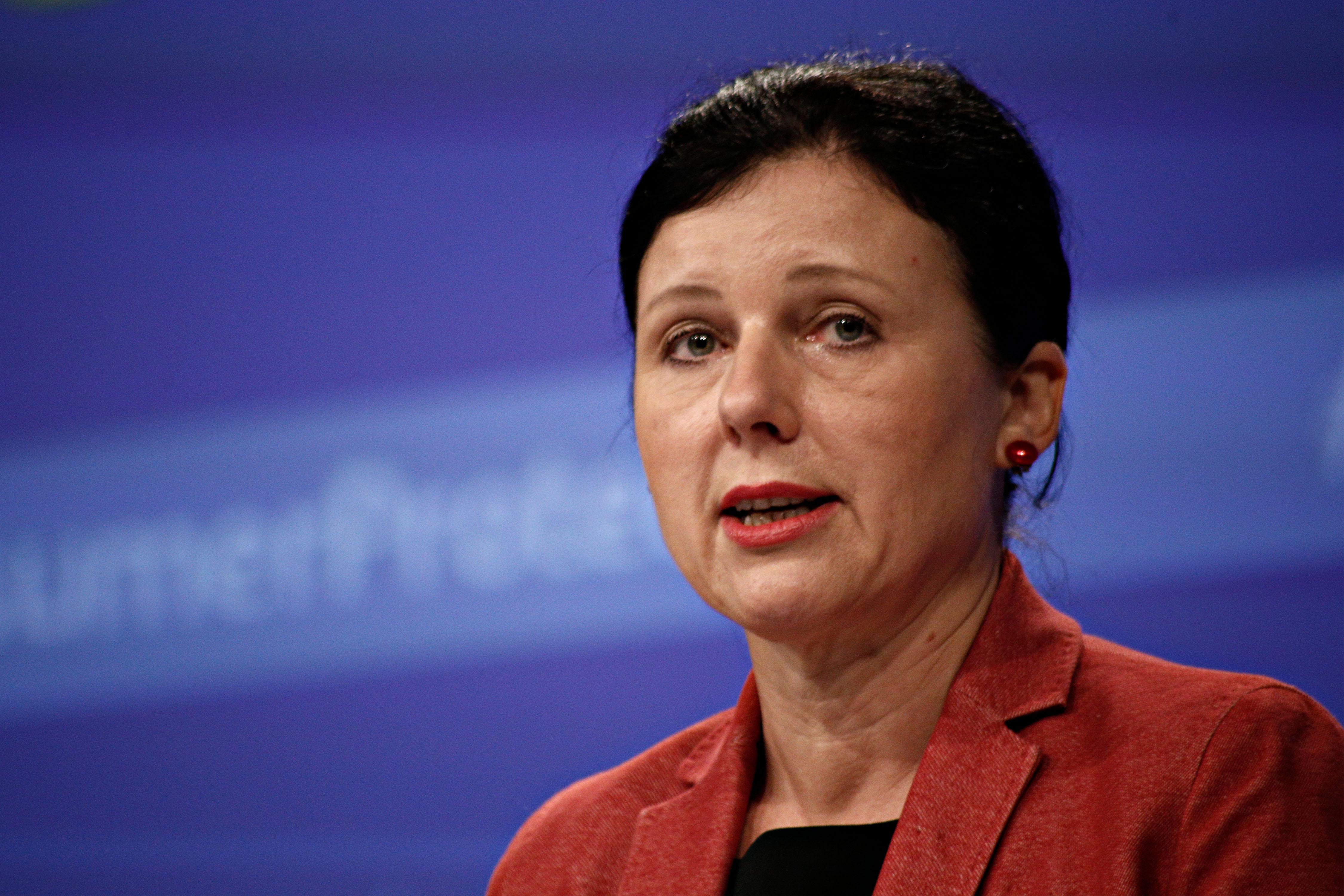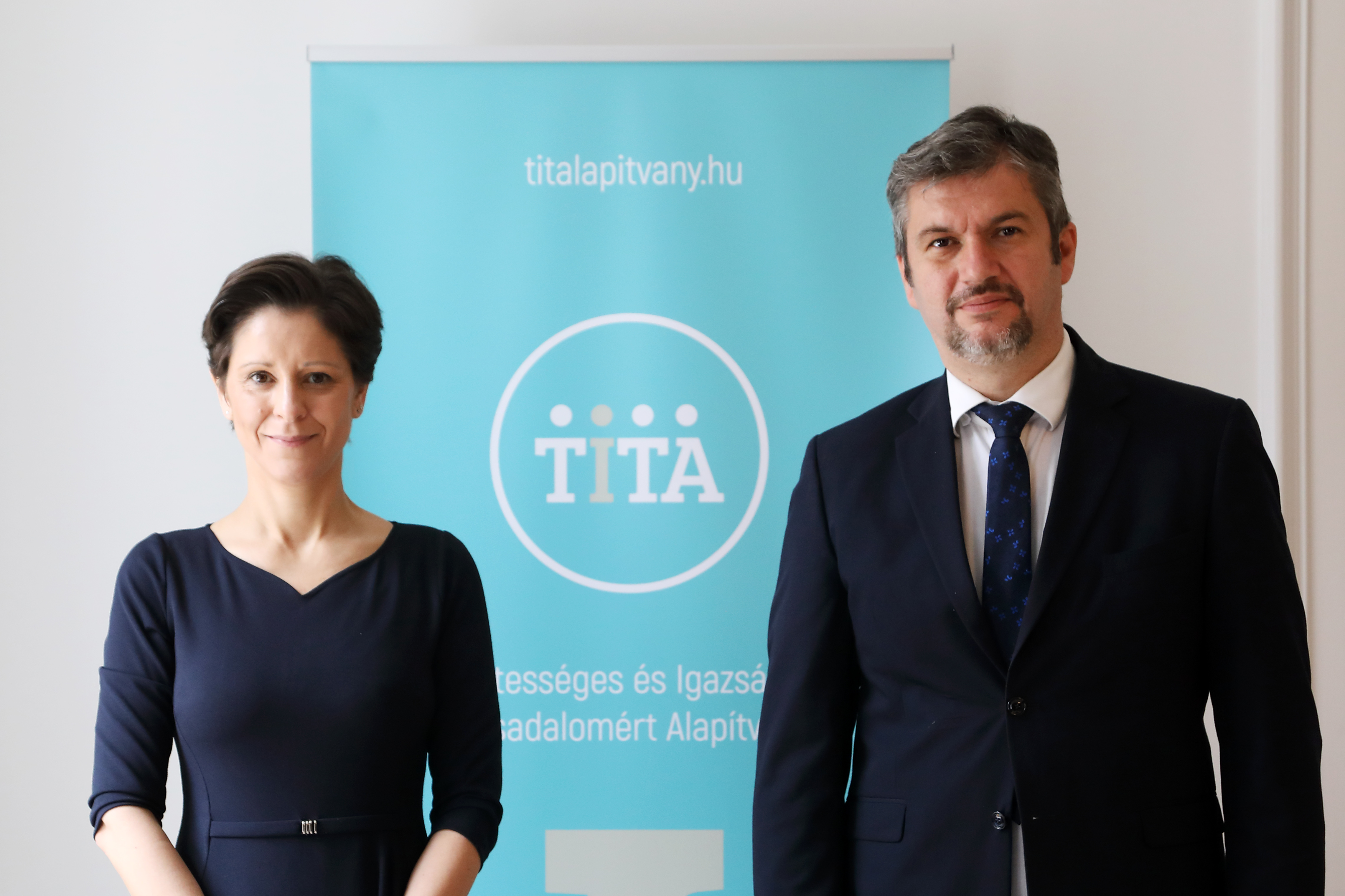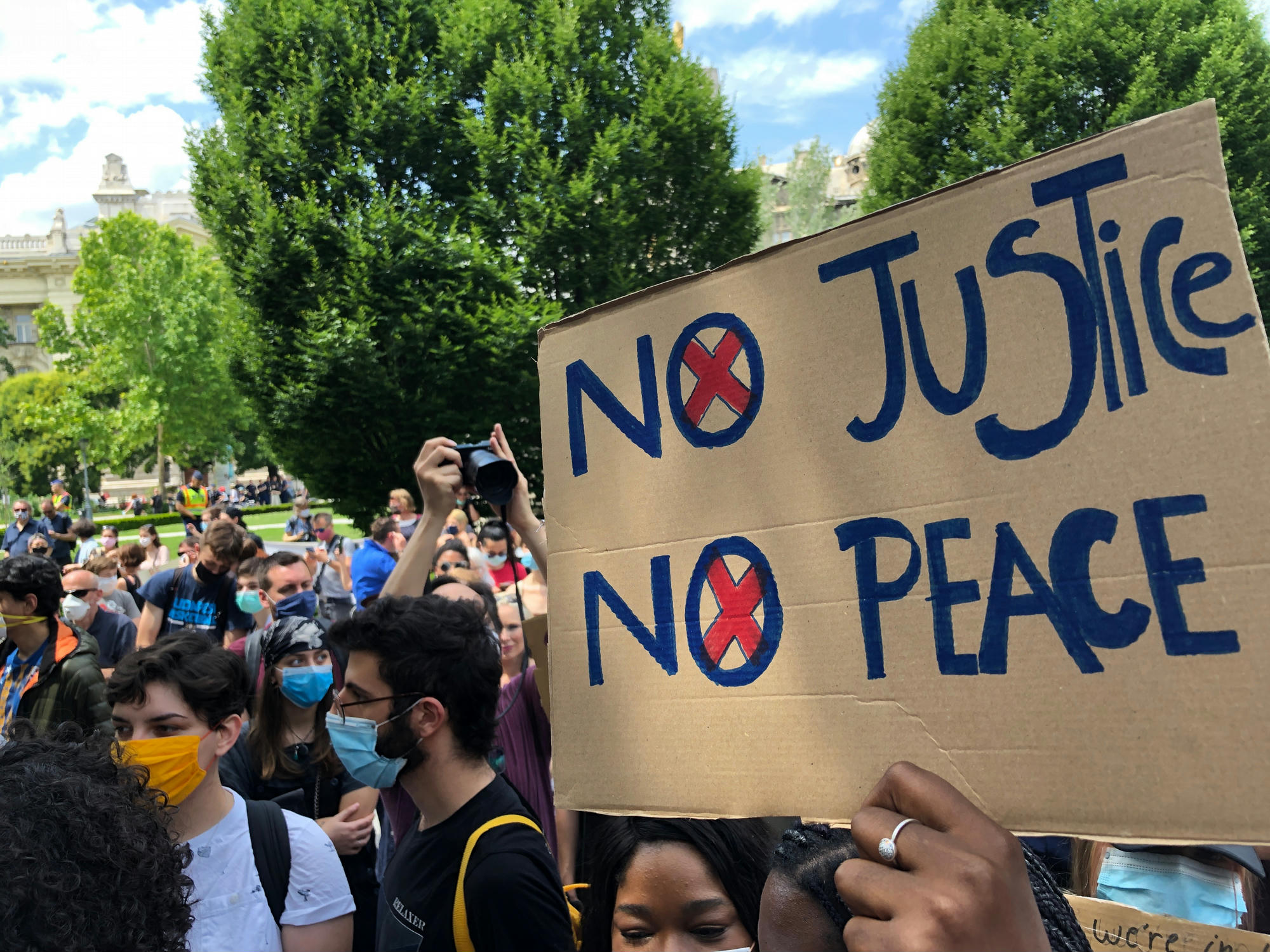European Commissioner: national consultation question "fake news"
- Stay updated on the latest news from Hungary by signing up for the free InsightHungary newsletter:
The government on Monday released the 13 to questions to appear on the next National Consultation, which will ask citizens whether they agree with a number of government measures related to the coronavirus. But initial signs indicate the consultation could draw Hungary into another conflict with the European Commission.
The questionnaire, which can be read in English here, is the eighth such consultation issued by the government since 2010, and makes use of similar points utilized in previous consultations: conflict with Brussels, a battle against immigration, and resistance to the "Soros plan".
The final question on the consultation alleges that "Brussels is preparing an offensive against the immigration-related regulations of the Hungarian constitution. They want to force us to amend the Fundamental Law’s articles that prevent migration."
Speaking at a video conference on Wednesday, European commissioner for values and transparency Vera Jourová told a reporter for EuroNews that the European Union has no intention of making Hungary amend its constitution, and that the question was "fake news. This is not true."
Jourová recalled a previous conflict between the European Commission and the Hungarian government over the contents of a national consultation. In 2017, the Commission issued a point-by-point refutation of the "Stop Brussels" consultation, a questionnaire which contained, "if I am polite, misleading information", Jourová said.
Last year, the EC issued another such refutation of a government propaganda campaign attacking then EC president Jean-Claude Juncker and George Soros. That campaign largely contributed to the European People's Party suspending Fidesz's membership.
Jourová said that the Commission may direct another fact-checking document to the Hungarian public to "get the facts right...so that [Hungarians] can make an informed choice", adding that she would leave such a decision for a later time.
A question regarding Hungarian-born American financier and philanthropist George Soros refers to an April 20 article in Project Syndicate in which Soros recommended the EU issue perpetual bonds to finance a €1 trillion European Recovery Fund. Earlier, Prime Minister Viktor Orbán called the recommendation "the second Soros plan", and said it would result in "debt slavery" for Member States.
The proposal to use perpetual debt to finance recovery was in fact first proposed by the Spanish government, but the European Commission has not considered using perpetual bonds, proposing instead to pay back long term loans with 30-year maturities beginning in 2028.
The National Consultation states that Hungary has managed to "stop the epidemic", but that a second wave of the coronavirus is possible. Citizens will be asked whether they support the continuation of certain protective measures, including social distancing, restrictions on movement, the obligatory wearing of masks, a ban on the export of medical equipment, the closure of borders, and the closure of schools.
Other questions include:
- maintenance of epidemiological preparedness
- the strengthening of epidemiological preparedness in elderly homes
- the manufacture of protective medical equipment in Hungary
- free internet for teachers and families with school children
- the establishment of a permanent Hungarian epidemiological monitoring service
- requiring banks and multinational companies to contribute to epidemiological defense
- the maintenance of job protection and job creation programs even after the end of the pandemic
- rejecting George Soros' plan for financing an EU coronavirus recovery, which would "put our homeland in debt for an unforeseeably long period of time"
- protecting Hungarian companies against hostile foreign acquisition
- maintaining strict protection of the Hungarian border despite a European Court of Justice ruling requiring the closure of transit zones for asylum seekers
- insisting on anti-immigration rules "even at the price of an open conflict with Brussels"
The publicly-funded, non-scientific questionnaires will be sent to some 8 million Hungarians and must be returned by August 15. National consultations have been criticized for containing leading questions and distorted information, and are considered by some to be propaganda tools. In 2017, then Fidesz vice president Gergely Gulyás acknowledged that the consultations are in fact not opinion surveys, and that "any normal-thinking person can only answer the questions in one way".
MPs ask citizens to send them empty National Consultations
Independent MPs Bernadett Szél and Ákos Hadházy are asking citizens to send them their unfilled National Consultation questionnaires to express their rejection of "disguised propaganda".
The MPs told 444 that the consultations are propaganda tools only good for political advertising, and that they are unsuitable for real social dialogue and do not address the most important issues affecting the country.
Hadházy said that by collecting unfilled questionnaires, "we can show that we will not bear this silently, we will not march to the slaughterhouse like animals".
The forms will not be used to collect voter data, the MPs emphasized, adding that the idea was suggested to them by voters.
In 2017, Szél and Hadházy attempted to gain access to records on how many "Soros plan" consultation forms had been mailed back to the government. While official statements claimed 1.7 million forms had been returned, the MPs were not granted access to any registry to corroborate the claim. Hadházy published an audio recording in which a manager at one of the processing facilities conceded that far fewer questionnaires had been received than the number the government had publicized.
Racial justice demonstration held in Budapest
Several hundred people gathered in front of the American embassy on Szabadság Tér in Budapest on Sunday "to stand together in solidarity with all victims of racism globally, for justice and unity, for systemic radical positive change."
Activist and demonstration organizer G-Ras (Gergely Komáromy), as well as several students, spoke at the event. Participants kneeled silently for eight minutes and 46 seconds in remembrance of George Floyd, the black man killed by police in Minneapolis, Minnesota on May 25. A police officer, who has since been charged with 2nd degree murder and manslaughter, kneeled with his knee on Floyd's neck for nearly nine minutes, causing his death, which sparked a worldwide uprising against racial injustice and police brutality.
Three members of the white nationalist youth group Generation Identity (Identitás Generáció) appeared at the demonstration, holding signs reading "European Lives Matter", but were sent away by police.
Survey: Hungarians most accepting in EU of corruption
A recent Eurobarometer survey questioned 28,000 Europeans on their attitudes toward corruption, and found that Hungarians are the most accepting of corruption in the European Union.
The survey shows that a majority of Europeans (69 percent) consider corruption unacceptable. The rejection of corruption is highest in Portugal (88 percent) and lowest in Hungary (38 percent).
Just over seven in ten Europeans believe that corruption is widespread in their country and that it exists in their national public institutions, while 53 percent believe it exists among political parties and politicians.
In Hungary, 87 percent believe that corruption is widespread, while only 1 percent believe that it does not exist. Some 49 percent of Hungarians believe corruption is mostly associated with political parties, while 32 percent of respondents believe it affects their daily lives.




